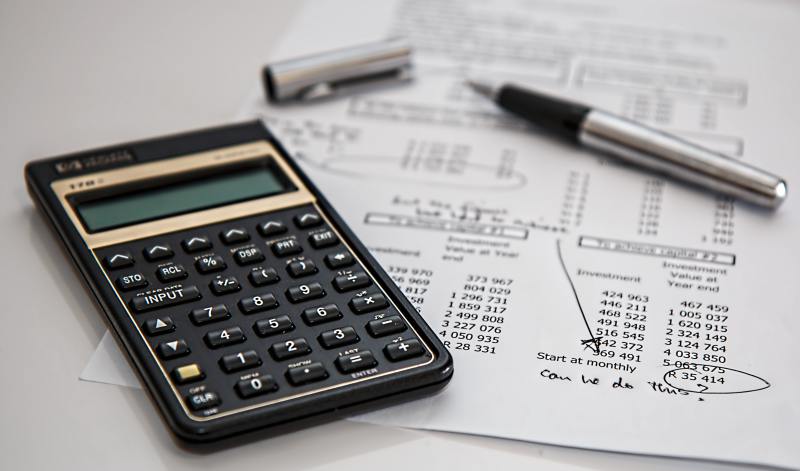You may not think you have a chance at applying for a mortgage after having poor credit history or even declaring bankruptcy. Those factors will definitely play a role in applying for a mortgage, but stay positive. You can still chase after your dream home.
How Credit Score Is Ranked
Lenders will look at a chart to view your credit history and whether or not you will be considered high risk.
A high-risk borrower is someone who is more likely to default on payments whether that be because they do not have a reliable source of income or a build-up of debt and do not make payments on time.
The following will be looked at to determine whether you are a good contender or not:
1. Payment History (35% of score)
- How often are you making payments and are they on time?
2. Used Credit Vs. Available Credit (30% of score)
- The amount you owe compared to the limit you are allowed.
3. Credit History (15% of score)
- How long have you been building credit?
4. Diversity (10% of score)

- How many different things can you handle?
- Credit card payments
- Phone bill
- Car loan
- Line of credit loans
- Mortgage payments
- Etc.
5. Inquiries (10% of score)
- Each time a lender accesses your file your score drops a little bit.
- This does not apply to pre-approvals or personal credit score requests
Once these factors are assessed, your score can be rated up to 900 which is the highest perfect score.
| Terrible | Very Poor | Poor | Average | Good | Very Good | Excellent |
| Less than 500 | 500-579 | 580-619 | 620-679 | 680-719 | 720-779 | 780 or higher |
Anyone with credit over 680 will likely be approved for a loan. Even if you are at 679, you still have good credit but may be paying higher interest rates than those with higher scores. If your score is below 580, your chances are getting approved are slim, but there are still ways to improve. If your score is 500 or less, you will not be approved.
Being Approved With Poor Credit
Even if your bank does not approve you, you can still get help through private lenders who specialize in bankruptcy and helping to repair bad credit scores, like Loans Canada >>. You can always check your credit score through different sites beforehand too. Each lender will have their own criteria as to what they consider high risk.
Reasons you may be approved even though you have poor credit may be because you now have a steadier, reliable income or you have a co-signer. A co-signer is a great way to improve your chances at getting a loan through your bank, seeing as if you cannot make the payments someone else can.
 How Poor Credit Will Work With A Mortgage
How Poor Credit Will Work With A Mortgage
Because your reputation with credit is not as good as someone with a score of 680 or more, your interest rates will be higher no matter what mortgage plan you go with. You will also be required to make a higher down payment, which could range anywhere from 10%-30% of the purchase price. The higher the down payment you can make, the more likely you will be approved for a loan. The advantage about making a higher down payment is your home equity will increase right away, and your amortization period will be shorter. The shorter the amortization period you choose, the less likely you will be seen as high risk because you are paying your mortgage off sooner.
There are ways to improve your credit score before applying for a mortgage. Prove you have a reliable source of income and pay all your bills on time. Improving your credit score will require a lot of patience, but it is doable and not ever lender will turn you down.
Stay positive. Just because you have filed for bankruptcy in the past does not mean you will never have your own home again. You may have to make a higher down payment and pay higher interest rates, but if your credit score improves and you are no longer seen as a high-risk borrower, then it is worth it in the end.
